Traveling with young kids can be tough, but picking the right airline can make all the difference. Air Canada, renowned for its comprehensive service, offers excellent facilities for families traveling with infants. Whether you're traveling within Canada, crossing the Canada-U.S. border, or heading to international destinations, Air Canada is committed to making your journey comfortable and hassle-free. Here's how their infant policy can enhance your travel experience:
An Overview Of Air Canada Infant Policy
Flying with a baby can be challenging, but Air Canada infant policy aims to make the journey smoother and safer for both parents and their little ones. If your infant is under two years and sitting on your lap, Air Canada requires that you hold them securely throughout the flight. However, lap-holding may not provide enough safety during take off, landing, and turbulence. To address this, the airline suggests using a child restraint device for added security. Call Air Canada Specialists for more information at +1-866-410-8128
Document Requirements for Flying with an Infant
To ensure a smooth and secure journey, it's important to adhere to the travel document rules set by aviation authorities. When flying with an infant on Air Canada, be aware of the following document requirements based on their infant policy:
Passport Copy: For international travel, each child must have their own passport. Note that Canadian regulations do not permit children to travel on their parent's passports.
Birth Certificate: This document shows both parents' names and is required for verification.
Custody Documents: Any legal documents related to custody must be presented. If the child is traveling without either parent, both parents need to sign and date the letter.
Valid Death Certificate: If applicable, a copy of the death certificate is needed if one parent has passed away.
Air Canada Child’s Fare
Air Canada Infant’s Age Requirements
According to Air Canada infant policy, the parents must ensure they follow the age requirement rules before booking a flight for their child. Here’s a breakdown of the age-related rules for Unaccompanied Minor service:
Children Under 8 Years Old
Travel Restrictions: Not permitted to fly alone.
Accompanied by Adult: Must be accompanied by an adult aged 16 or older.
Seating Requirement: The adult must sit in the same cabin and be seated next to the child.
Ages 8 to 11 Years
Service Requirement: Use of the Unaccompanied Minor service is mandatory.
Assistance: This service ensures that children receive the necessary support and supervision during their journey.
Ages 12 to 17 Years
Service Availability: Optional to use the Unaccompanied Minor service.
Consideration: While it’s not required, it’s advisable to book the service to provide extra support and avoid any potential issues.
Always check Air Canada’s latest policies before booking to confirm the requirements for your child's travel.
Air Canada Toddler and Infant Policies: Key Points
Understanding Air Canada's policies for traveling with infants and toddlers ensures a hassle-free journey. Here's what you need to know:
Air Canada Toddler Policy
Allows infants who are 7 days old.
Toddlers under 7 days are not permitted due to health considerations.
Air Canada Car Seat Policy
Car Seat Usage: Under Air Canada Infant Policy, It’s advised to bring your own car seat onboard rather than checking it. Ensure it fits between the armrests and is installed per the manufacturer’s instructions using the aircraft seat belt.
Weight Limits:
Rear-facing seats: For babies under 9 kg (20 lb).
Forward-facing seats: For children weighing between 9 kg (20 lb) and 30 kg (65 lb).
Certification Labels:
Canadian Devices: Must display a sticker stating conformity with Canadian Motor Vehicle Safety Standards.
U.S. Devices: Must indicate compliance with federal motor vehicle safety standards and approval for use on airplanes.
Australian/New Zealand Devices: Must have a standard 1754 label and a flying certification.
UN Standards: Must display labels confirming compliance with UN ECE R44-03 or updated standards and aircraft approval.
Air Canada Bassinet Policy
Booking: Request a bassinet in advance through the reservation department.
Availability: Bassinets are assigned on a first-come, first-served basis, depending on availability at the time of departure.
Aircraft Restrictions: Bassinets might not be available on specific aircraft models like Boeing 787-9, 787-8, 777-300ER, 777-200LR, and Airbus A330.
Usage: Suitable for infants under 12 kg who cannot sit upright. Bassinets are installed by the cabin crew after the seat belt sign is turned off.
Location: Positioned in bulkhead rows with fixed armrests.
These policies help ensure safety and comfort for your little one while traveling with Air Canada.
Frequently Asked Questions On Air Canada Infant Policy
What are Air Canada’s rules for flying with an infant?
When flying with an infant on Air Canada, ensure that an infant seated on a parent's lap is held securely at all times. Call for more +1-866-410-8128
Can I fly with an infant on my lap on Air Canada?
Yes, as per Air Canada Infant Policy, if your child is under 2 years of age, then he or she can sit on your lap throughout the trip without paying any fee.


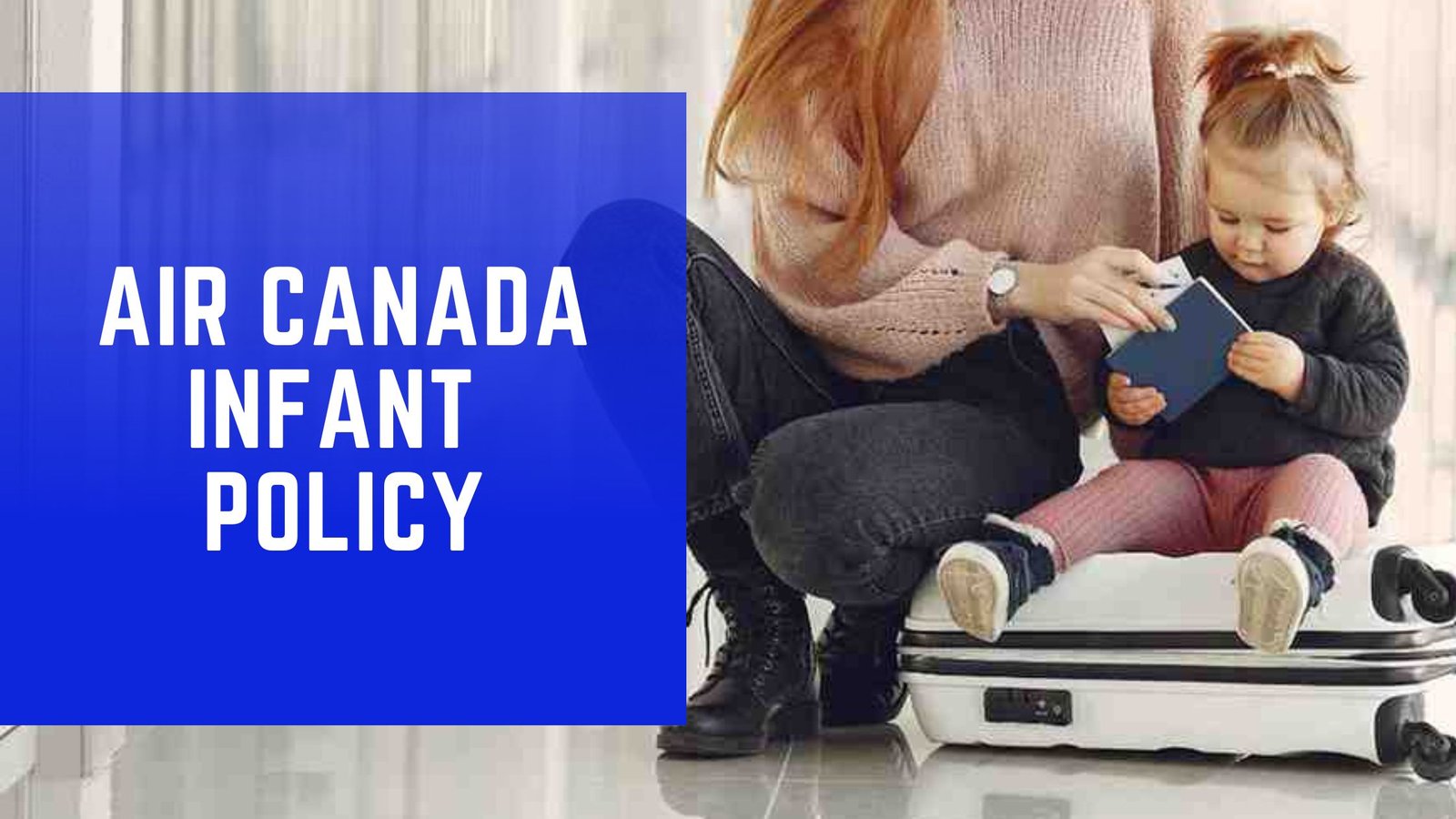


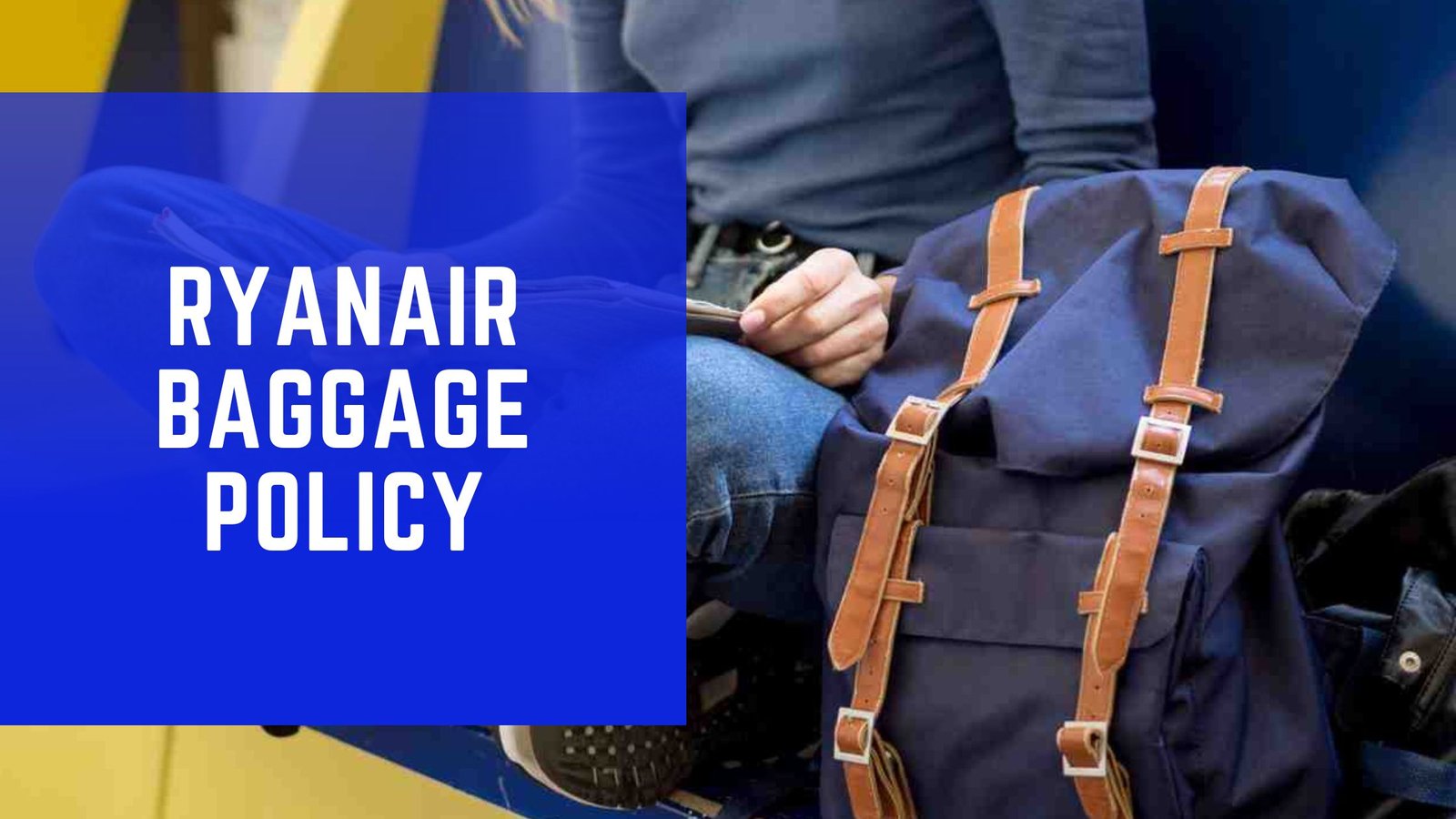
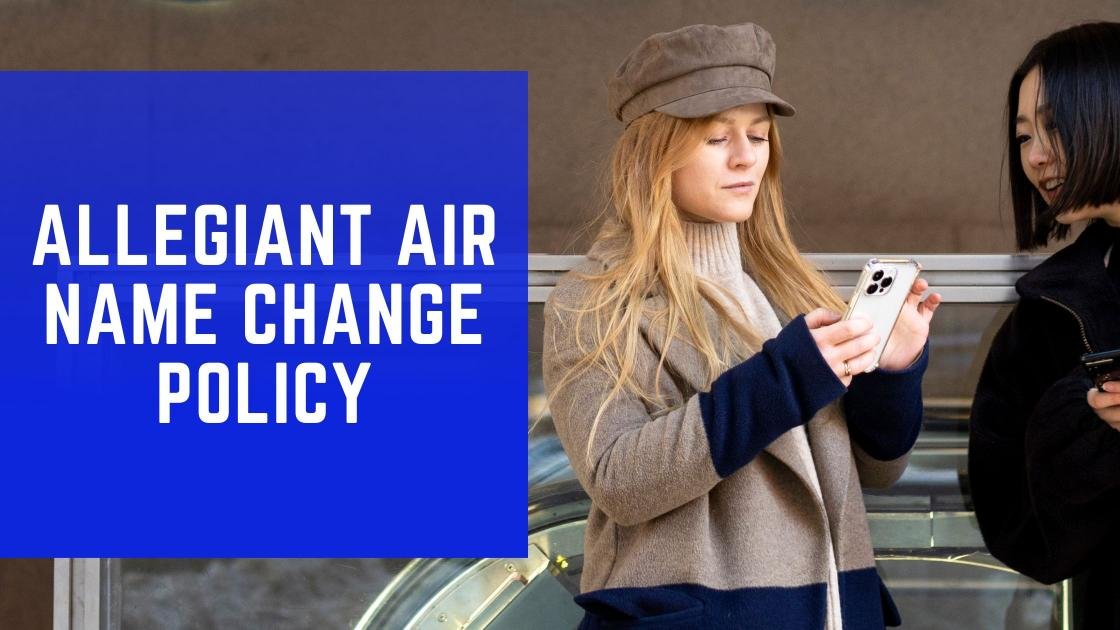
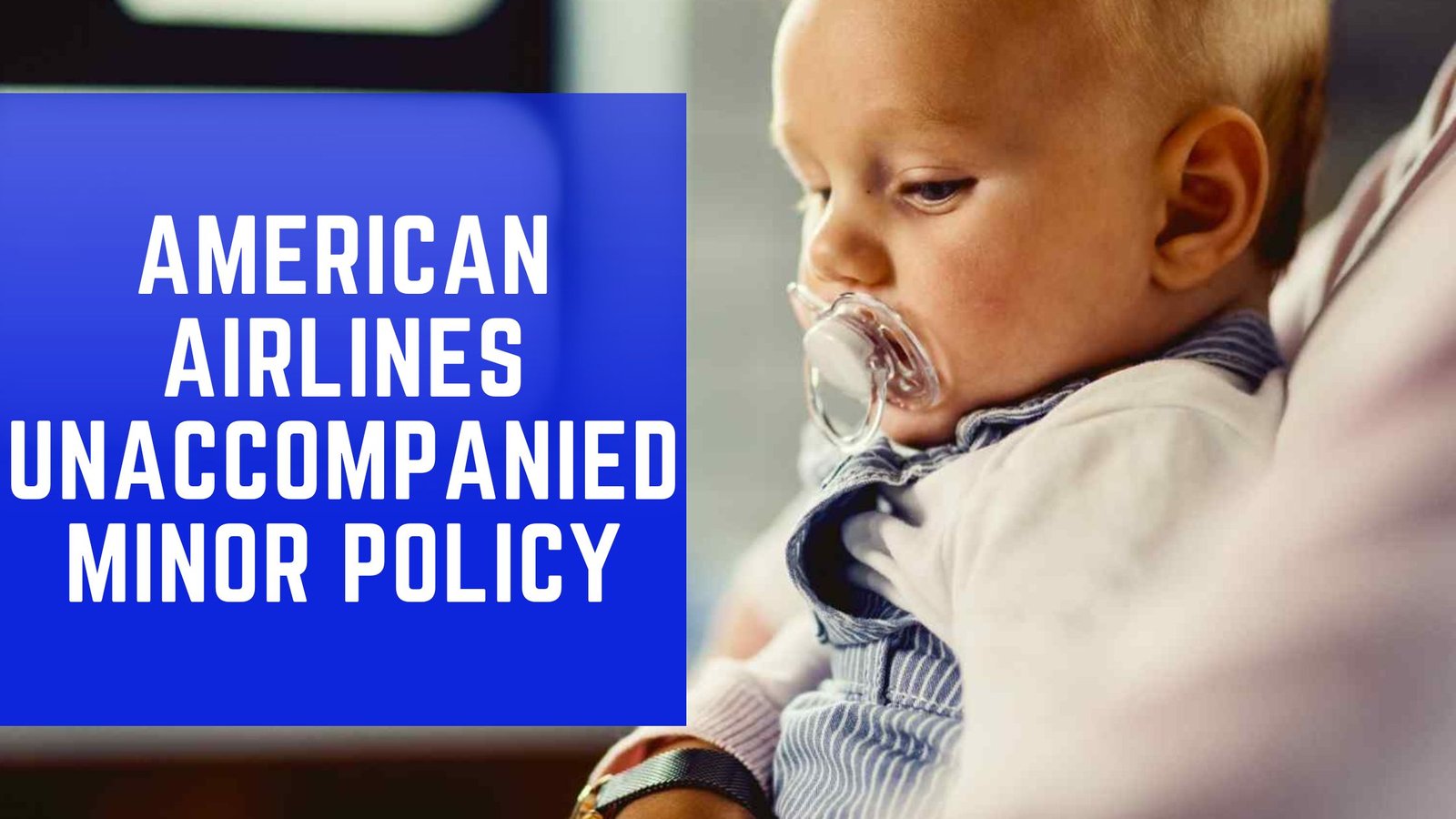

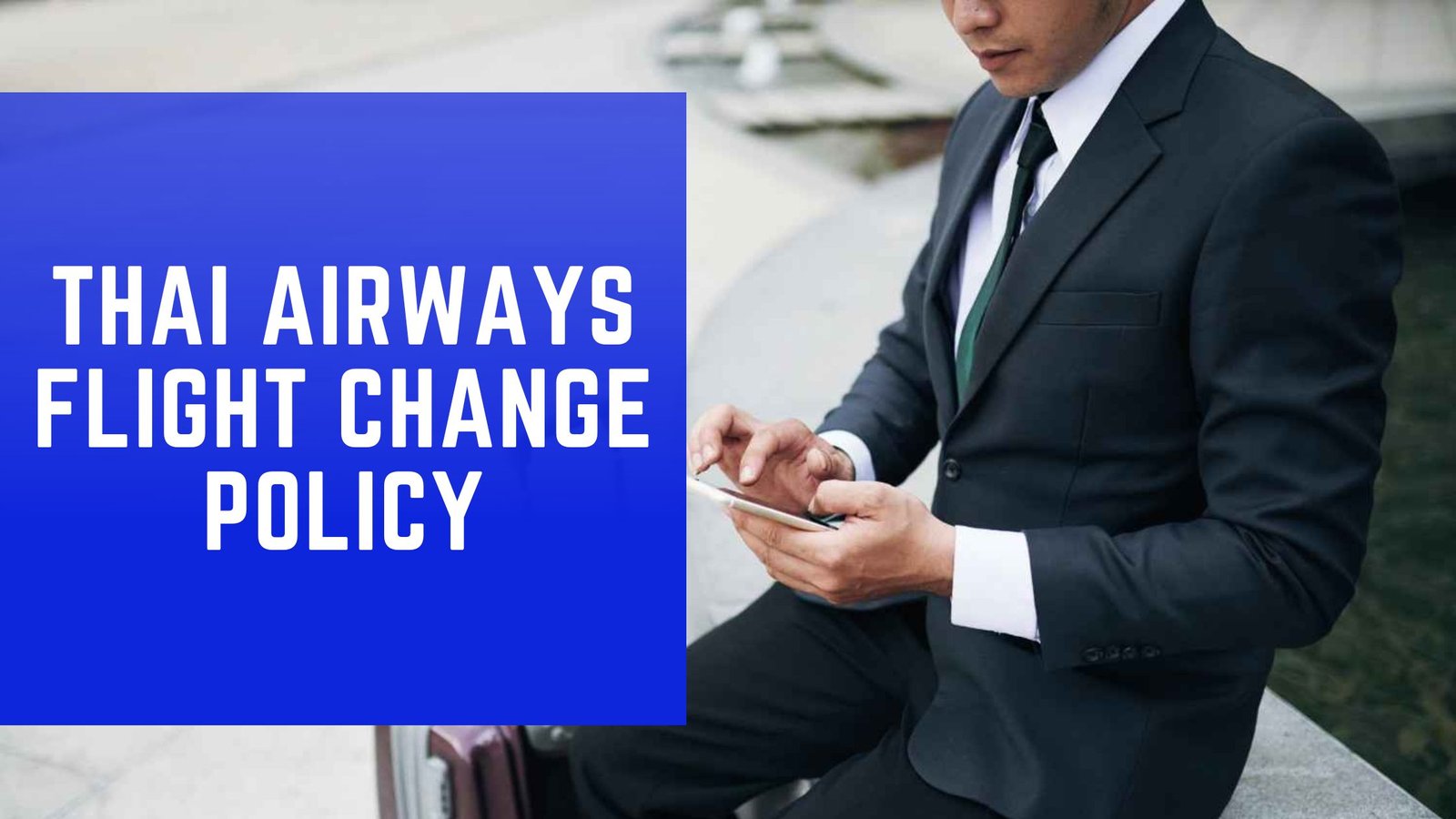
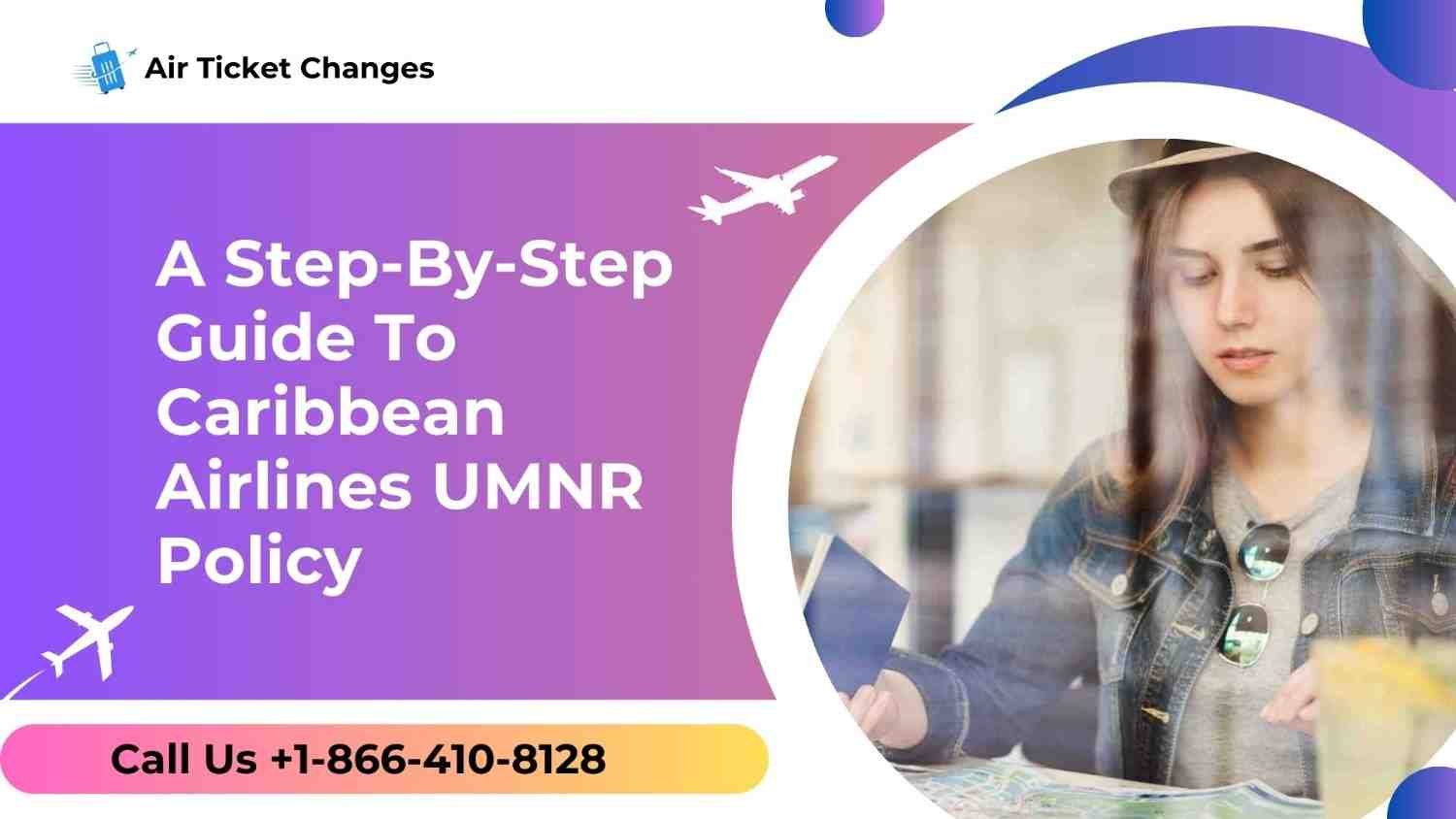

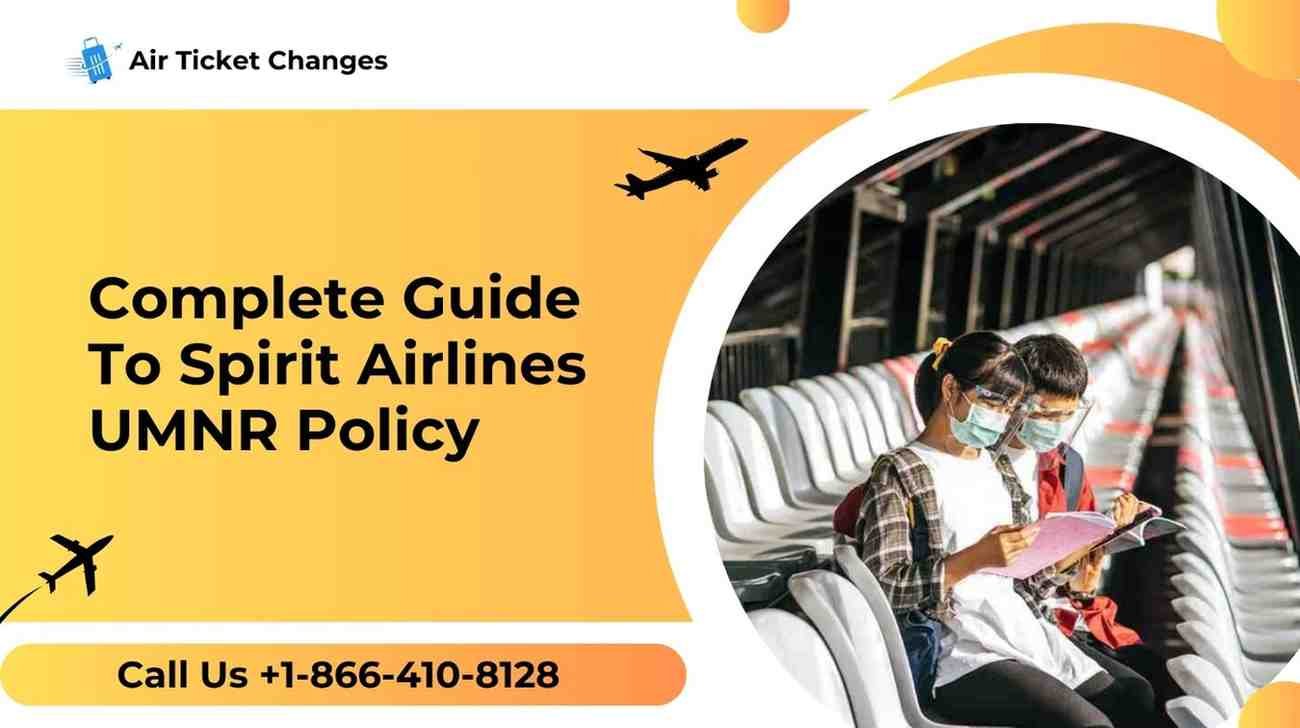
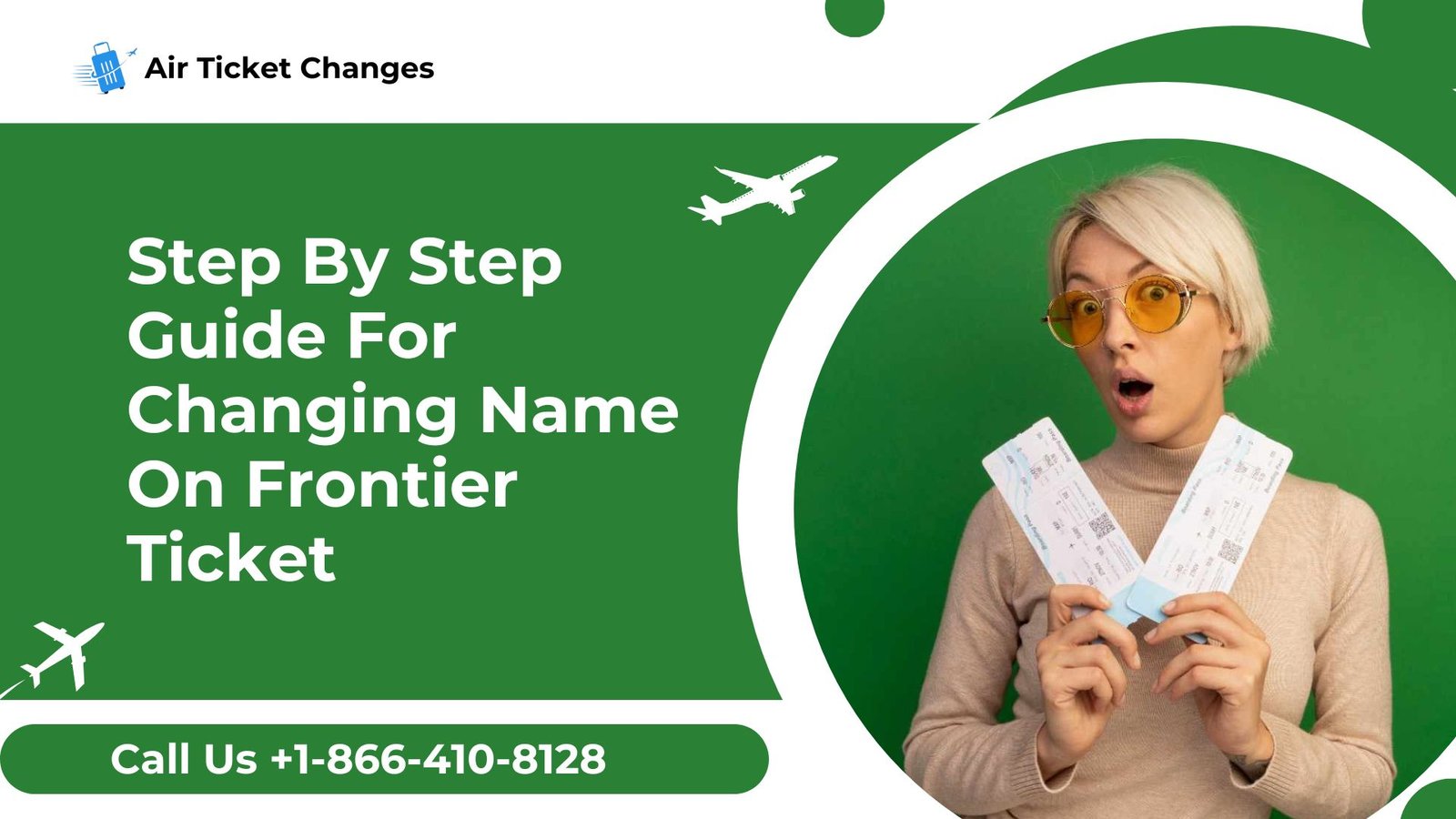

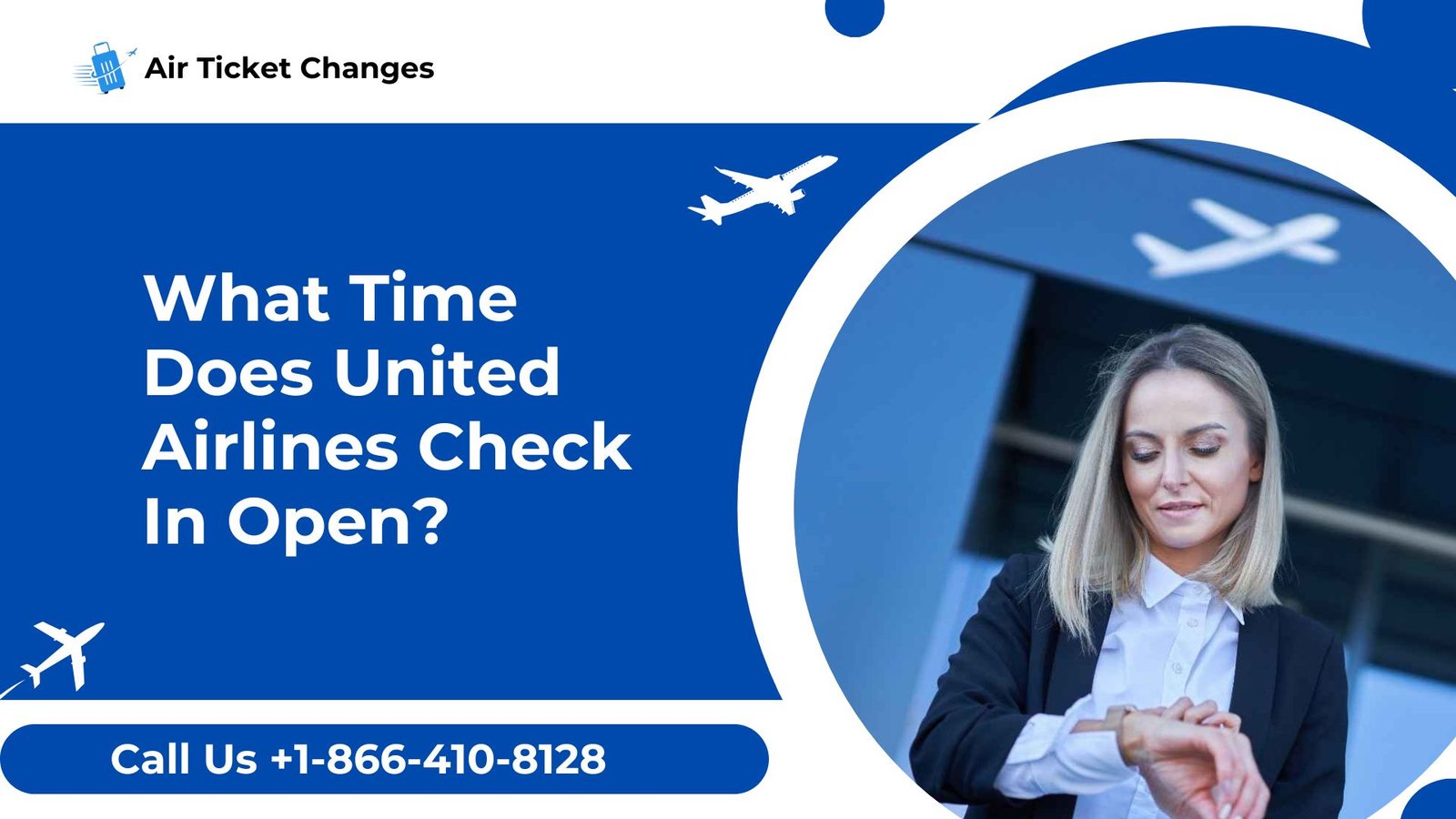

 +1-866-410-8128
+1-866-410-8128
